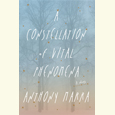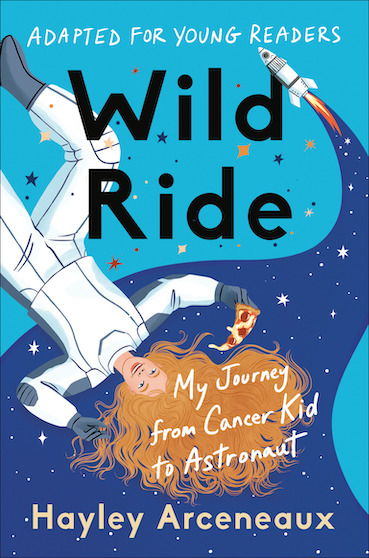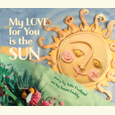Poetry of Goodbye
Linda Parsons’ Valediction gives form to final farewells.
“Importance ebbs in time, keeping its own mystery,” writes poet and playwright Linda Parsons in her sixth collection of poetry, Valediction: Poems and Prose. In 50 poems and 15 short prose works that she calls “visitations,” Parsons, who turned 70 during the pandemic, meditates on the passage of time and the transience of relationships, homes, and promises. Underlying these reflections is an unspoken question: What is necessary and important in this life?
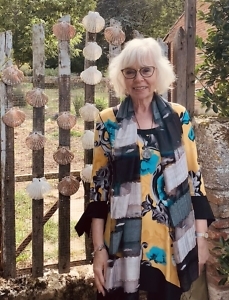 Graduated from the rites of burying parents and ambivalently unbound from “till death do us part” vows, Parsons is the valedictorian of her life, composing poignant speeches as she cares for the humble plot of earth entrusted in her time left. She writes predominately through the first person in poetic soliloquies and memoir-style micro-essays. The pandemic poet is the sole human voice in this collection graced by fauna and haunted by ghosts, a reality which seems to ask, “Who earns the honor of saying farewell?”
Graduated from the rites of burying parents and ambivalently unbound from “till death do us part” vows, Parsons is the valedictorian of her life, composing poignant speeches as she cares for the humble plot of earth entrusted in her time left. She writes predominately through the first person in poetic soliloquies and memoir-style micro-essays. The pandemic poet is the sole human voice in this collection graced by fauna and haunted by ghosts, a reality which seems to ask, “Who earns the honor of saying farewell?”
Parsons is a keen observer of nature, from the karst bedrock of her East Tennessee home to the way light dances in her garden and the sounds of scattered birdsongs and feet that her animal visitors make.
The title poem of the collection alludes to life events described in more detail in her prose pieces and later poems, recalling their “bitter anniversaries” as she marks her late father’s slow decline, reunions with an abusive mother subdued by dementia, a stepmother’s ungentle passage into her final night, or a marriage unraveled late in life. In the poem, the speaker is visited by a dove, who appears first through the tune of an ancient vessel flute: “Dove comes when my scattered mind // needs herding … / Comes not to forbid mourning, / but trills core deep, beyond the senses, / glances back to make sure I follow / its white-tipped tail. Plaintive ocarina, / call me to bear all the light coming.”
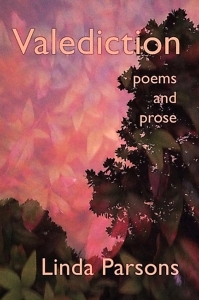 Parsons often notices the way light plays with darkness in certain hours or seasons as she weeds in the early dew of the garden or listens to the cicadas at sunset or prunes one “last extravagance under October’s bright-rung sky.” This interplay between shadow and illumination reflects both her exterior and interior landscapes evidenced in the poem “Come Home,” when she calls her age “nearing seventy, my own gloaming.” When a sunrise sets fiery light to her material surroundings, it illumines her imagination with the possibility of what could be without what once was. In “Light Around Trees in Morning,” Parsons writes about a maple tree that “someone once important to me planted,” as the early morning rays sculpt more layers into the trunk’s outline. “So much light, I think it’s caught fire, / the paperback maple self-immolating — / but it’s only the coppery scrolls’ silhouette / facing east.”
Parsons often notices the way light plays with darkness in certain hours or seasons as she weeds in the early dew of the garden or listens to the cicadas at sunset or prunes one “last extravagance under October’s bright-rung sky.” This interplay between shadow and illumination reflects both her exterior and interior landscapes evidenced in the poem “Come Home,” when she calls her age “nearing seventy, my own gloaming.” When a sunrise sets fiery light to her material surroundings, it illumines her imagination with the possibility of what could be without what once was. In “Light Around Trees in Morning,” Parsons writes about a maple tree that “someone once important to me planted,” as the early morning rays sculpt more layers into the trunk’s outline. “So much light, I think it’s caught fire, / the paperback maple self-immolating — / but it’s only the coppery scrolls’ silhouette / facing east.”
The relationship of a gardener to her garden is the glory of this collection, as Parsons tenderly names all the beauty that comes and goes around her: “red-candled peonies,” Jerusalem daises, and “wild-haired spirea” among catalogs of heirloom varieties and commonplace weeds.
As Parsons prunes a garden wounded by a wintery frost, she writes in “Visitation: Rising”:
There must be grief in this wounding, some yaw in the xylem and phloem that won’t easily unlatch. I’ve seen my share of untimely passing — those spirited away with so much light left to bear, those severing ties without once looking back. Even the living must sometimes sacrifice root and limb, whether we choose it or not, for newness to bud from the heart of things.
Whether we lose parts of us by shedding or pruning, living is an act of humility in Parson’s lyrical landscape. In the blaze of the burning paperbark maple at dawn, “… we’re left on our knees, / in cinders, smoldering ash, as I was, / turning to what’s more important — / clover in the iris, stones overrun / with chocolate mint, the scrawl / of minor serpents to read and expel.” In this posture, Parsons considers the admirable impacts a woman alone can make weeding her own garden while at the same time finding herself dazzled by the mystery of the cycle of life.
Sometimes I think
light comes only when we’re bowed
too low to notice our leaves and limbs
burnished by morning, our bodies
in spontaneous combustion.
*[This review has been updated to correct the number of Parsons’ published poetry collections.]
Beth Waltemath is a writer and a native Nashvillian. She currently lives in Atlanta, Georgia. Her essays have appeared in The New York Times, The Washington Post, and Chapter 16. She is a full-time journalist for the Presbyterian News Service.
